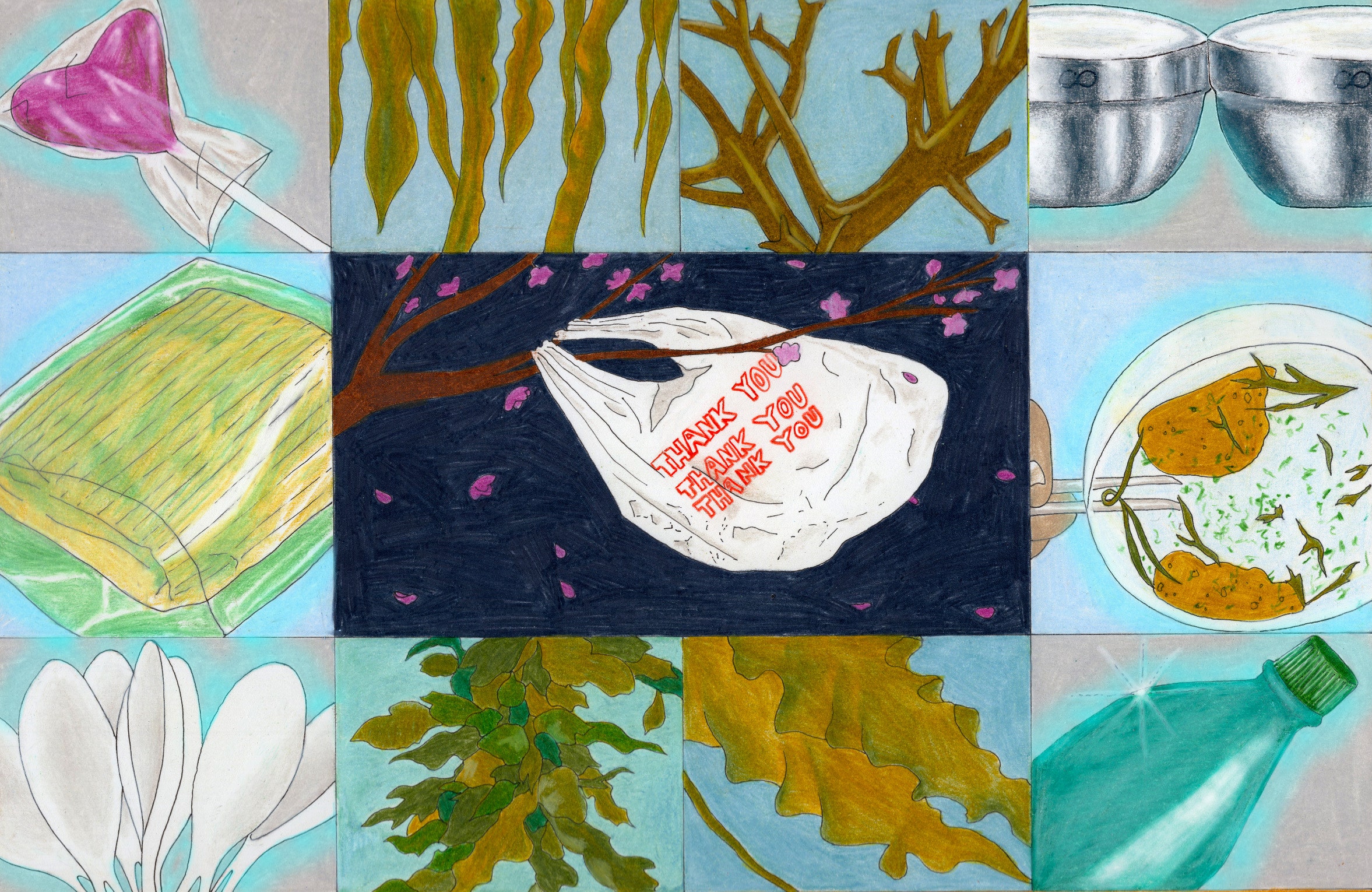The Cure for Disposable Plastic Crap Is Here—and It’s Loony
Plastic waste has become a major environmental issue, with tons of single-use plastic products ending up in our oceans and landfills every year. But fear not, a solution may be on the horizon, and it’s a bit unconventional.
A group of scientists and engineers have come up with a new material that could revolutionize the way we think about plastic. This material is biodegradable, meaning it will break down naturally over time, unlike traditional plastics that can take hundreds of years to decompose.
But here’s the twist – this new material is made from a rather unexpected source: lobster shells. Yes, you heard that right. Lobster shells, which are usually discarded as waste, could hold the key to reducing our reliance on disposable plastics.
By utilizing waste from the seafood industry, not only are we reducing the amount of plastic waste entering our environment, but we are also finding a way to repurpose what would otherwise be seen as trash.
And the benefits don’t stop there. This new material is not only biodegradable but also compostable, meaning it can be broken down into nutrient-rich soil that is beneficial for the environment.
Furthermore, this lobster shell plastic can be produced at a lower cost than traditional plastics, making it a more affordable and sustainable option for businesses and consumers alike.
So, the next time you reach for that plastic water bottle or straw, think about the potential of lobster shell plastic and how it could change the way we approach disposable products.
It may sound a bit loony at first, but sometimes the craziest ideas are the ones that lead to the most impactful change. The cure for disposable plastic crap could very well be here – and it’s closer than you think.










More Stories
This Gargantuan Lab Simulates Blasting Satellites Into Space
Supplements Companies Are Cashing In on the Ozempic Wave
Lawsuit Attacks Florida’s Lab-Grown Meat Ban as Unconstitutional